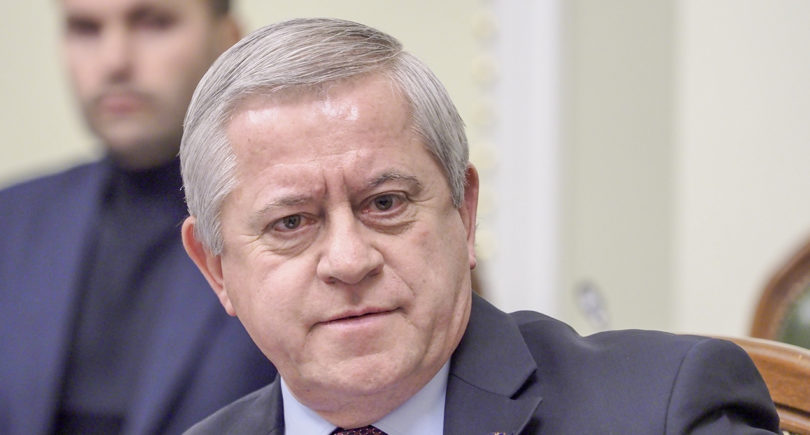
Opinions State environment 956 12 May 2021
Ukraine’s climate targets will require wider access to international green financial instruments
Over the years, Ukraine has proved to be a partner offering a great contribution to discussions and developments on climate solutions under the auspices of the UN. We are approaching the upcoming COP26 climate summit in Glasgow with the same seriousness.
It will be of much greater political importance this year, because the need for a green transformation and a green economy has become global. We witness how the role of the United States and its climatic activity in this process is being restored, and how a large comprehensive policy is being rolled out by the European Union as the European Green Deal.
Ukraine has high climate ambitions too, and we are ready to develop climate policy in cooperation with our international partners. We cannot stay out of these global discussions, where environmental and climate issues are becoming a focal point in the new economic context, and the whole world is on the verge of a great economic transformation. Therefore, we need to invest more efforts to ensure that economic growth is attended with a reduction in greenhouse gas emissions.
We have set a goal: to synchronize our policy with the European Green Deal and to contribute to the development of climate-neutral Europe together with the EU. Ukraine has already made a significant contribution in this regard through fulfilling its climate commitments under the Paris Climate Agreement. We are also closely negotiating with the EU on a further ‘green’ transformation of the economy, development of energy efficiency, and fair changes in coal regions.
All this creates an important task for the Ukrainian government — to synchronize sectoral policies and bring them under a common denominator.
Other countries in the region, notably Moldova and Georgia, will also face the need to harmonize their climate ambitions. We will all have to go through structural economic changes, introduce more competitive and transparent rules for doing business in domestic markets, including energy ones. And Ukraine could become the region’s advocate in these matters at international climate platforms.
In general, the goal of these transformations is the country’s prosperity and development. Moreover, Ukraine has a great ‘green’ potential. Additional financial instruments that can accelerate the decarbonization processes definitely need to be discussed in this regard. Ukraine’s climatic targets need to be comparable to the challenges faced by our country.
Unequal access to international finance calls into question the distribution of commitments to cut emissions, because we must adhere to the principle of common but differentiated responsibilities. Otherwise, we will face the risk of distorted competition in the EU market. Ukraine opposes new trade barriers, and this issue is already on the agenda of our dialog with the European Union.
The EU’s mechanisms for achieving climate neutrality targets on the continent must go beyond the EU and apply to all countries in Europe. After all, we share a common continent and we are linked by trade chains — all this should be taken into account by international policy makers. It is therefore very important for us to present Ukraine’s position and our ambitions in a proper and orderly manner at major global climatic platforms, including Glasgow.
We need to understand that achievement of climate goals is a rather difficult process, which requires, first of all, a consensus at the national level. Though this is a unique case where global trends enable us to find mutual understanding at home. Joint efforts of international partners, government, parliament, local authorities and business community in the setting up of criteria and strategies for moving towards climate neutrality will certainly be a success for Ukraine.






